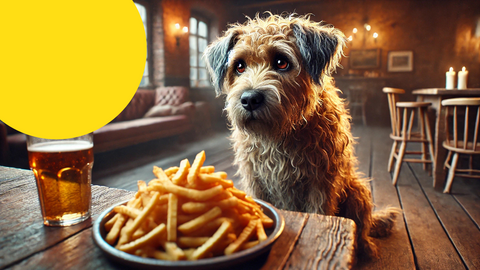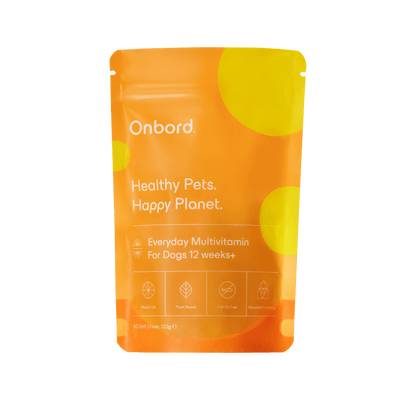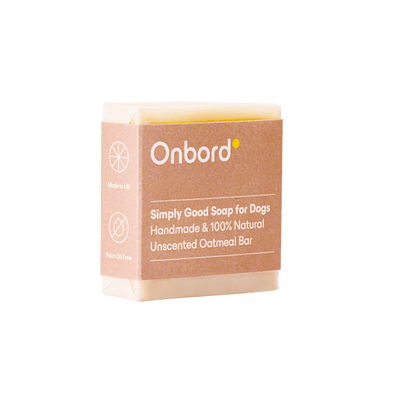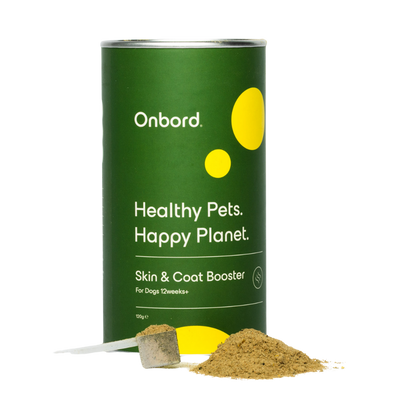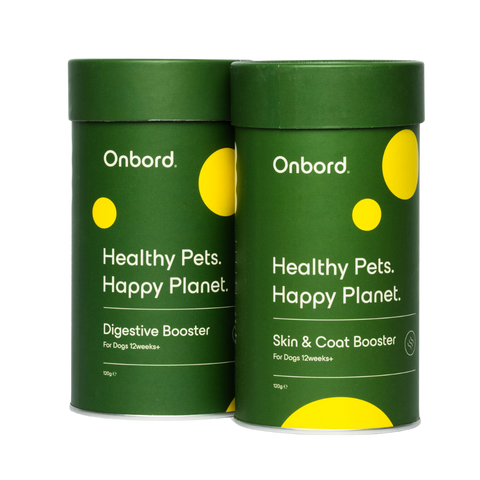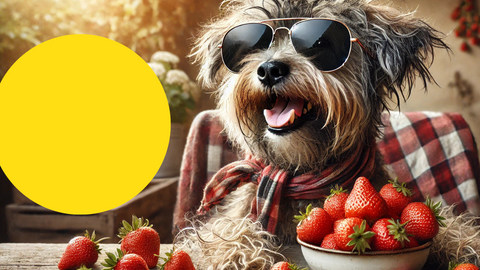Can Dogs Eat Chips
Quick Verdict Dogs should generally avoid eating chips. Although an accidental nibble may not be catastrophic, chips are high in salt, unhealthy fats, and additives that can be harmful if consumed regularly.
You might be here because you're worried after your dog accidentally nibbled on some chips, or perhaps you're simply curious about whether chips are safe for dogs. The question "Can dogs eat chips?" is one that many pet owners ask. While the occasional accidental taste might not lead to immediate harm, chips are not designed for canine nutrition, and caution is always advised when it comes to sharing human snacks with your pet.
Scientific Explanation of Canine Digestion
Dogs have a digestive system that is optimised for a high-protein, moderate-fat diet, not for processed human foods loaded with salt and unhealthy fats. The high sodium and fat content found in chips can put a strain on a dog's metabolism and potentially lead to issues such as obesity, pancreatitis, or even sodium ion poisoning. While dogs can digest a variety of foods in small amounts, their bodies are not equipped to handle the frequent intake of processed snacks like chips.
Detailed Analysis of Chips
Chips, whether they are potato chips, tortilla chips, or other varieties, are typically deep-fried and heavily salted. Consider the following points:
High Salt Content: Chips are notoriously high in sodium, which can lead to excessive thirst, dehydration, and in severe cases, salt poisoning in dogs.
Unhealthy Fats: The deep-frying process adds a significant amount of unhealthy fats to chips, increasing the risk of pancreatitis if consumed in large amounts.
Additives and Seasonings: Many chips contain additional flavourings, preservatives, and seasonings (such as garlic or onion powder) that can be toxic to dogs. Even a small quantity of chips may not be immediately dangerous, but repeated exposure or large portions can lead to serious health issues over time.
Special Considerations
Not all chips are created equal. Plain, unsalted chips might be marginally less harmful than their heavily seasoned counterparts, but even these should be given with caution. Baked chips, while lower in fat, still often contain additives that are not ideal for dogs. It's important to read ingredient labels carefully and avoid any chips that include potentially toxic seasonings or excessive salt.
Accidental Consumption
If your dog accidentally nibbles on a few chips, there's generally no need to panic. Monitor your pet for any signs of distress, such as vomiting, diarrhoea, or unusual lethargy. A one-off incident is unlikely to cause long-term harm, but it's best to avoid making chips a regular part of your dog's diet due to the potential health risks.
What to Do If Your Dog Consumes Chips
Should your dog consume chips, observe them closely for any signs of discomfort or unusual behaviour. Symptoms like persistent vomiting, diarrhoea, or signs of lethargy warrant a prompt call to your veterinarian. If you suspect your dog has ingested a large quantity of chips, especially those with strong seasonings or additives, seek professional advice immediately. But overall an accidental chip will generally be okay. But always seek professional advice if you're concerened!
Recommendations and Alternatives
While sharing human food can be tempting, it's best to opt for healthier, natural dog treats or other human foods that you can cross reference on our what can dogs eat article. Instead of chips, consider offering your dog snacks that are specifically formulated for their dietary needs. Options like plain, unsalted rice cakes, carrot sticks, or specially prepared dog treats can provide a satisfying crunch without the excessive salt and unhealthy fats found in chips. Always introduce any new food gradually and consult your veterinarian if you have any concerns about your dog's diet.
By following these guidelines, you can help ensure your dog's diet remains balanced and safe, keeping them healthy and happy while avoiding the potential pitfalls of feeding them chips.

